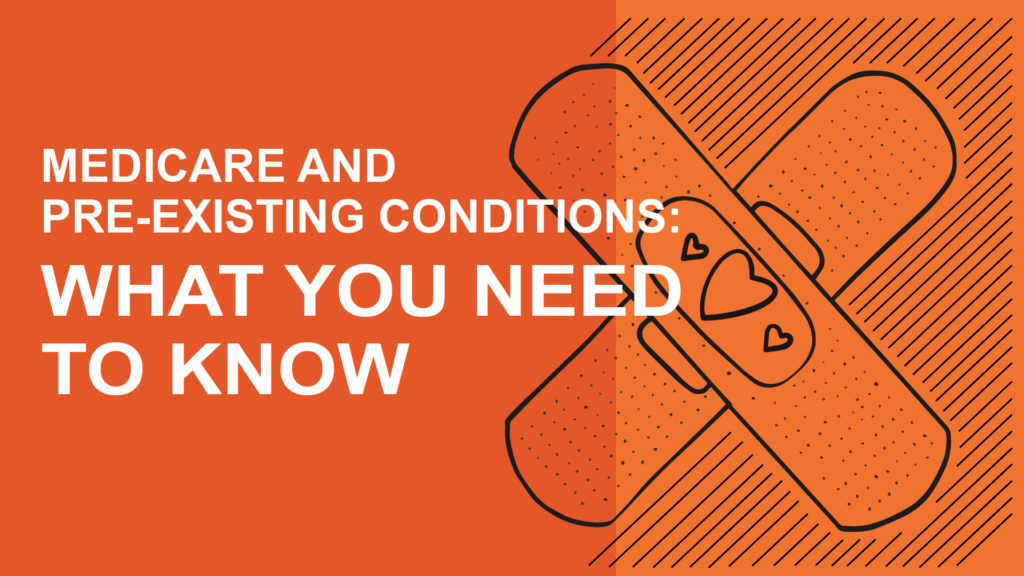Medicare covers pre-existing conditions, although Medicare Supplement plans are only guaranteed to offer coverage if you apply within a short window of time. Read on to learn more.
Medicare Covers Pre-existing Conditions
Original Medicare does not care if you have a pre-existing condition. All beneficiaries have the same coverage across the state for Part A and Part B, and Part D covers all pre-existing conditions as well. Medicare is a federal program that does not discriminate against its beneficiaries for their health status.
Medicare Advantage
Many of the “Medicare plans” you see advertised are Medicare Advantage plans or Part C. These plans are offered by private insurance companies approved by Medicare to handle your Part A and Part B coverage. Medicare Advantage plans can offer additional benefits beyond what Original Medicare covers, which draws beneficiaries to enroll. Typically, this added coverage includes dental, hearing, or vision, prescription drugs, and enhanced telehealth services. Most Part C plans also use regional networks of providers, and all have an out-of-pocket maximum.
Medicare Supplements
The other commonly-promoted Medicare plan type is the Medicare Supplement or Medigap plan. These are not health insurance plans. Instead, they help you cover the costs of your out-of-pocket expenses from Medicare Part A and Part B, which can include hospital costs and coinsurance, copayments, hospice care, foreign travel emergency care, and more. When Medicare Part A charges its deductible for each benefit period, having assistance with these out-of-pocket costs can save beneficiaries thousands of dollars, especially if they are frequent fliers at medical clinics.
Guaranteed Issue Rights
Signing up for a Medicare Supplement plan is in the first six months once you are 65 or older and enrolled in Medicare Part B. During this Medigap Open Enrollment Period, beneficiaries have guaranteed issue rights. That means that even if you have pre-existing conditions, Medicare Supplement companies cannot deny you coverage or charge you higher rates because of your conditions. If you attempt to enroll after this enrollment period, you do not have those protections, and you might also have a six-month waiting period before your coverage kicks in.
If you are under 65 and qualify for Medicare due to a disability, you may still be accepted for a Medigap plan but may have a limited selection or be charged higher premiums.
Switching Plans
Each fall, beneficiaries choose to keep their current Medicare Advantage plan, switch to a different plan, or drop their coverage and return to Original Medicare. Sometimes, they will decide that the out-of-pocket costs of their Medicare Advantage plans are too expensive and choose to apply for a Medicare Supplement instead (you can have either a Medicare Advantage or Medicare Supplement, but not both). Many encounter difficulties making this switch based on the carrier’s underwriting. Your best chance to save yourself money if you have a pre-existing chronic condition is to purchase better coverage immediately.


